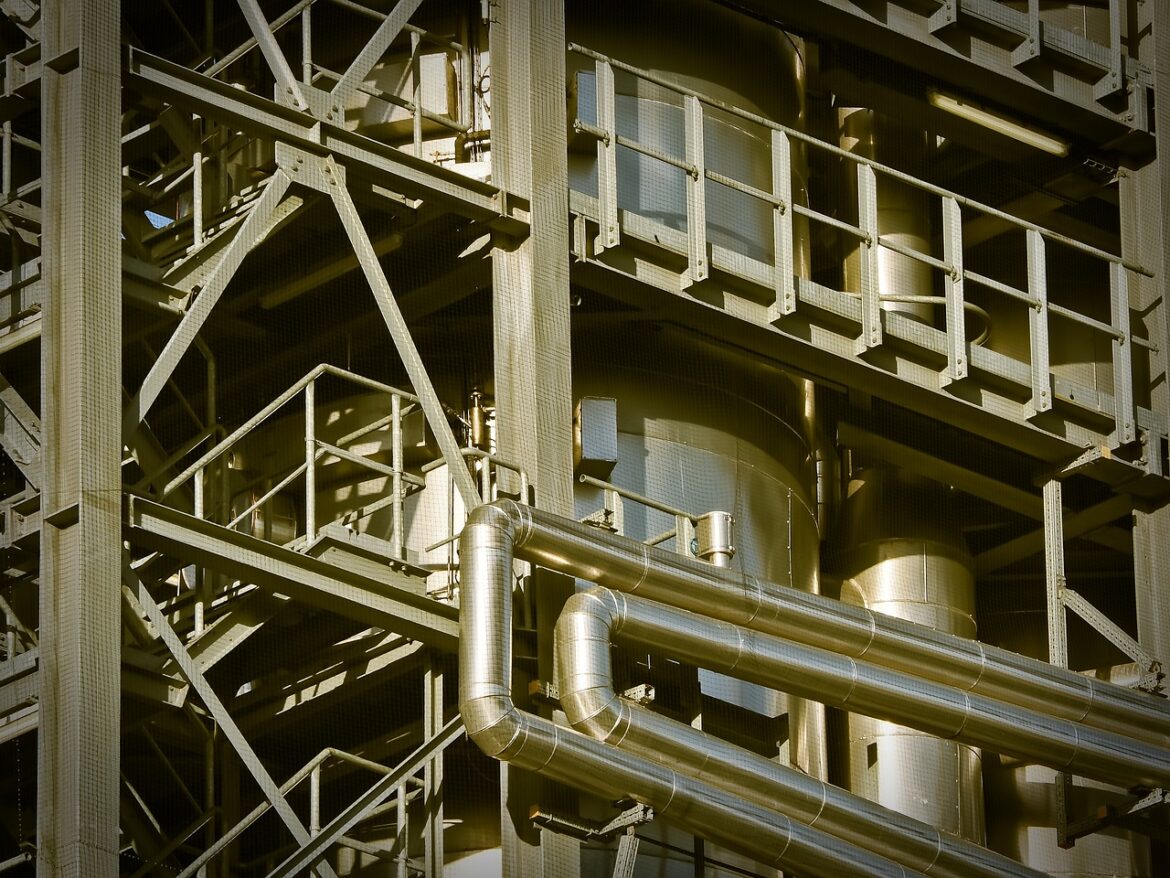In the fast-paced world of manufacturing, project management plays a crucial role in driving efficiency, innovation, and competitiveness. As we delve into the latest trends and real-world stories, we’ll explore how companies are leveraging cutting-edge tools and strategies to stay ahead in the industry. From AI-driven technologies to strategic partnerships and global events shaping the sector, here’s a look at what’s trending in manufacturing project management.
Trend 1: Adoption of AI and Automation
In recent years, the manufacturing sector has witnessed a significant shift towards automation and artificial intelligence. Companies are using AI to improve supply chain management, predict trends, and automate routine tasks in project execution. For instance, AI can assist in summarizing lengthy regulations, such as those in chemical manufacturing, to ensure compliance and streamline decision-making processes. This technological integration helps manufacturers stay competitive by reducing operational costs and enhancing accuracy.
Key Points:
- Improved Efficiency: AI and automation help streamline processes, reducing downtime and increasing overall productivity.
- Data Analysis: AI can analyze vast amounts of data, aiding in forecasting market trends and optimizing production accordingly.
- Compliance Assistance: AI assists in interpreting complex regulatory frameworks, reducing the risk of compliance issues.
Trend 2: Nearshoring and Talent Acquisition
Given global uncertainties and increasing emphasis on speed to market, companies are turning to nearshoring as a strategic move. Nearshoring involves relocating operations closer to home markets, which can reduce lead times, mitigate supply chain risks, and comply with local regulations more effectively. This shift is creating new demands for specialized talent in areas like digital supply chain management, cloud computing, and cybersecurity. Staffing firms are responding by offering tailored talent solutions to bridge workforce gaps.
Key Points:
- Reduced Lead Times: Nearshoring allows companies to respond quickly to market changes, improving product delivery times.
- Enhanced Compliance: Operations closer to home can better navigate local regulations, reducing compliance risks.
- Talent Needs: IT and project management expertise are in high demand to support these strategic relocations.
Trend 3: Construction Technology Advancements
Modern construction tools are revolutionizing project execution in manufacturing. Technologies like Procore and OpenSpace.ai are centralizing management processes and automating site analysis, ensuring projects are completed more efficiently and with greater accuracy. These advancements help manufacturers build better facilities for production and storage, meeting the demands of a rapidly evolving market.
Key Points:
- Real-Time Management: Tools provide real-time data, allowing for quicker decision-making and response to project changes.
- Automation: Automated site analysis reduces manual errors, ensuring construction projects are completed on time and within budget.
Trend 4: Strategic Expansions and Investments
Companies like Chang Robotics are leading the charge in manufacturing innovation with significant investments in U.S. operations. This includes the launch of large-scale funds for technological development and expansion into new operational hubs. Such investments are driving growth in areas like robotics, healthcare, and sustainable packaging, showing a commitment to American manufacturing and yielding national recognition for innovation.
Key Points:
- Innovation Drive: Investments in new technologies are pushing boundaries in robotics and sustainability, yielding national recognition for innovators.
- Workforce Expansion: Significant workforce increases indicate a growing demand for skilled personnel in advanced manufacturing sectors.
Trend 5: Industry Consolidation and Integration
The manufacturing sector is also seeing changes due to e-commerce growth and tariff uncertainties. As industries consolidate and integrate new technologies, e-commerce continues to fuel demand for industrial space, despite tariff challenges. Manufacturers are focusing on adaptive approaches, such as AI-enhanced supply chain management, to navigate these challenges effectively.
Key Points:
- E-commerce Impact: Growing e-commerce demand is driving industrial space needs, emphasizing the importance of efficient supply chains.
- Tariff Challenges: Manufacturers must adapt quickly to tariff uncertainties, using AI and automation to manage supply chain costs and optimize operations.
Conclusion
As the manufacturing landscape continues to evolve, integrating AI, leveraging strategic partnerships, and adapting to global changes are critical for success. Companies that embrace these trends are poised to rise above the competition, drive innovation, and thrive in a dynamic market. Through real-world examples and expert insights, it’s clear that effective project management remains at the heart of manufacturing excellence in the modern era.
References:
- https://www.globenewswire.com/news-release/2025/04/28/3069371/0/en/Global-Industrial-Construction-Projects-Insight-Q1-2025-North-America-Leads-with-1-02-Trillion-in-Industrial-Construction-Projects.html
- https://www.prnewswire.com/news-releases/chang-robotics-announces-major-us-manufacturing-push-50m-fund-launch-and-breakthrough-innovations-for-2025-302437962.html
- https://www.horizontaltalent.com/blog/2025/04/23/how-it-and-project-management-staffing-companies-are-adapting-to-nearshoring
- https://www.azobuild.com/article.aspx?ArticleID=8734
- https://www.manufacturingdive.com/topic/technology/
- https://kaizen.com/insights/daily-management-food-industry/
- https://www.leadinganswers.com
- https://www.commercialedge.com/blog/national-industrial-report/



